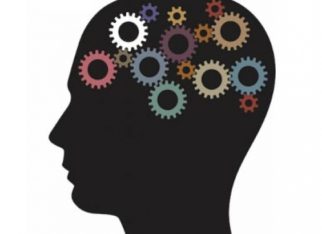Emotion Regulation: Identifying, managing and responding to emotions in a way that allows them to be useful and productive
People commonly think that regulating emotions means making the emotions disappear; however, that is not the case. Regulating emotions looks different depending on the situation. A skill named mindfulness helps you become more aware of your experiences and what you are feeling in the present moment. It is important to understand that there are no bad emotions. In fact, it is often the way the emotion is interpreted that makes you feel a certain way. There are a few coping skills that can aid in emotion regulation.
1. Understanding your emotions
– Take time to notice and describe what you are feeling
– Reflect on and consider the role emotions have played in your life thus far
– How could your life have changed for the better if you took the time to understand your emotions more deeply
2. Allow exposure to your feelings
– Allow yourself to sit with uncomfortable feelings and not avoid them
– Reflect on the quote “the best way out is always through” by Robert Frost
3. Use counter conditioning procedures
– Replace responses to particular stimuli with new responses
– Use systematic desensitization (using relaxation when faced with uncomfortable emotional experiences) to reduce sense of urgency to take immediate action
4. Increase positive experiences
– Remember that you are capable of creating an state of peace and calmness
– Actively make an effort to think positively
– To increase positive experiences:
– Talk to a loved one
– Take a walk
– Take a bubble bath
– Listen to music
– Engage in a creative activity (writing, drawing, dance, etc)
5. Increase mindfulness of your current experience
– Be present in the current moment – right here, right now
– Negative emotions will pass – emotional experiences are temporary
6. Increase competence in using coping skills
– It takes practice to learn how to effectively regulate your emotions
– Be mindful of emotional triggers – what situations tend to prompt emotional responses
Author: Michelle Debski, M.A


